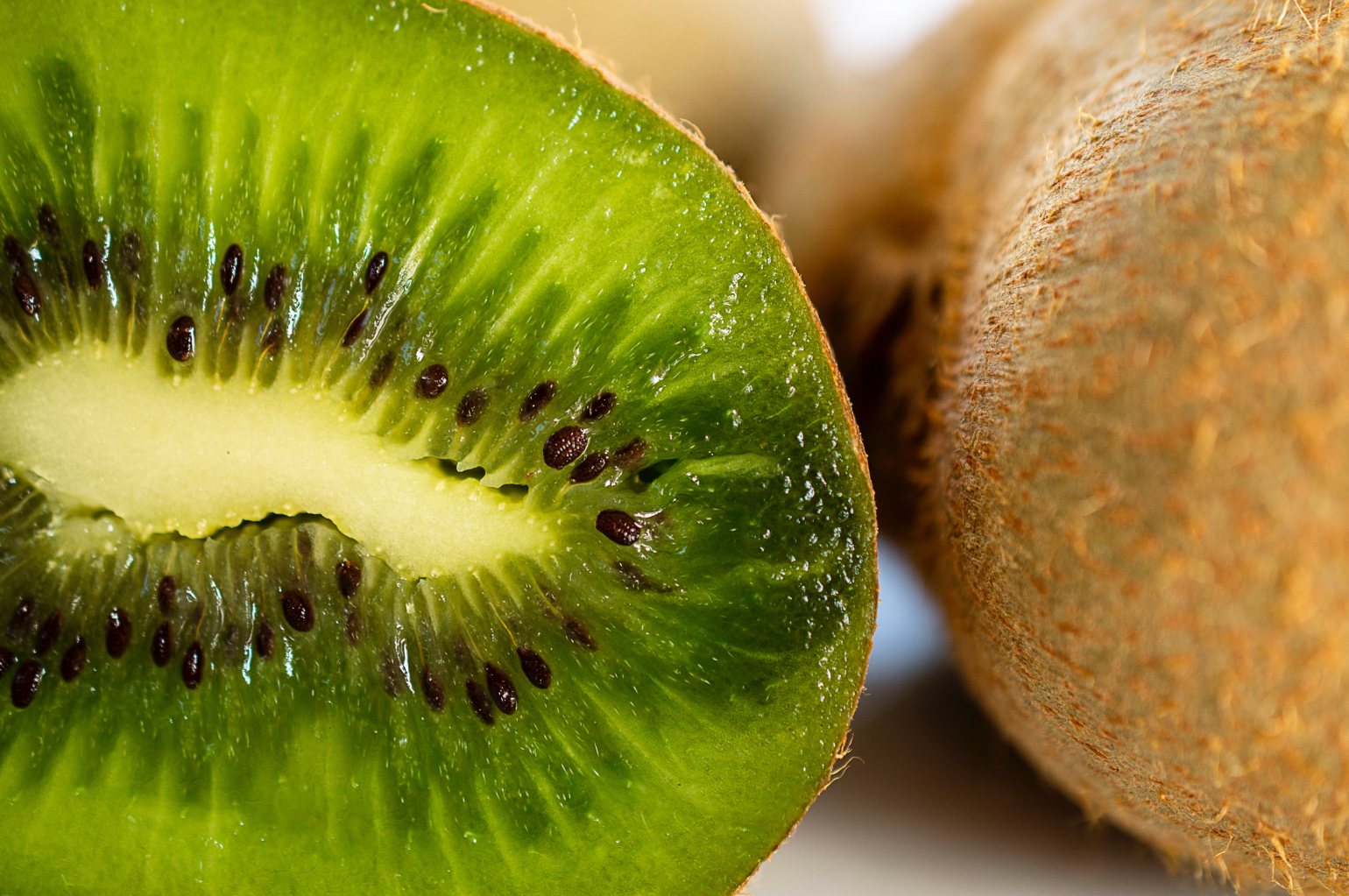Sleep and weight loss
Sleep can help you lose weight!
If you want to lose weight… get more sleep! It might sound crazy, but sleep plays a huge role in weight management. According to the National Sleep Foundation, an 18-65 year old should be getting between 7 and 9 hours sleep per night. If you are regularly getting less than this, then that could be one of the reasons you are struggling to lose weight.
Poor sleep is linked to weight gain
Studies consistently show that people who don’t get enough sleep put on more weight than those who get 7-9 hours sleep per night. Even more worrying, people who reported less than 5 hours of sleep per night had an approximately 40% higher risk of developing obesity than people sleeping 7–8 hours sleep per night.
How does not getting enough sleep make us gain weight?
Leptin is the hormone which helps us to feel full - so we stop eating. When we don't get enough sleep, we don’t produce enough of this hormone and we need to eat more food before we feel full or satisfied.
Ghrelin is the hormone which makes us feel hungry. When we don't sleep enough, we produce too much of this hormone. This makes us feel even more hungry than usual and we will eat food when we woudn't have otherwise eaten.
When you don’t sleep enough you crave sweet foods like cakes and biscuits, salty snacks like crisps and pretzels, and carbohydrates such as white bread and pasta. All of these food choices are full of empty caloroes and are likely to make you gain weight. When you sleep well you are more likely to choose healthier options such as fruit and wholegrains which are lower in calories and keep you feeling full for longer.
Sleep and exercise
If you don’t get enough sleep, you are likely to be tired during the daytime and less motivated to go to the gym. If you do make it to the gym, you might not exercise as hard as you would have done if you had slept well.
So how can you make sure you get enough sleep to stay a good weight?

Have a set sleep schedule
Going to bed at the same time each day and getting up at the same time each morning is one of the best ways of getting a good night’s sleep. This ensures that you prioritise sleep, rather than losing track of time and staying up too late working or watching TV. A regular sleep schedule also helps you to have a strong circadian rhythm, so that falling asleep will be easier.
Make your bedroom a dedicated sleep sanctuary
You spend a third of your day asleeep, so it is important to spend time and effort to create a room that you want to be in. If your bedroom is somewhere relaxing and where you want to be, you will sleep better. Keep your bedroom clean and uncluttered, and have bedding that feels comfortable and inviting. Also, try to make your bed each morning so that your bedroom and bed is inviting when you come back to bed that evening.
Choose a mattress that is right for you. It is important to try out a variety of mattresses to see which one is right for your body type and sleep style. If your matress is too old or unsuitable then you will struggle to get to sleep or stay asleep. Speak to a sleep expert at And So To Bed to get some advice on choosing the correct mattress for you.
The type of pillow that you use is also important to getting a good night's sleep.

What to eat before bed
Before bed it is a good idea to eat something so that you don’t go to bed hungry. If you go to bed and you are hungry, then you will struggle to fall asleep or you will wake up in the night because you are hungry.
Ideal foods to eat before bed would be complex carbohydrates, such as whole rolled oats, as they give slow release energy across the night. A bowl of porridge would be fabulous because not only does it contain fibre and slow release energy, but it also has milk - which contains tryptophan. Tryptophan is an amino acid that promotes sleep. It is a precursor to melatonin, which is an important sleep hormone. The amount of tryptophan in milk is very small, but every little counts. For even better sleep you could top your porridge with kiwi fruit. Kiwi fruit has been linked in a Taiwanese study to better sleep. They found that people who ate two kiwis each night before bed slept 13 per cent longer and fell asleep 35 per cent quicker.

Dr Lindsay Browning is a sleep expert at Trouble Sleeping, author of the self-help sleep book Navigating Sleeplessness and can be found on all social media @DrBrowningSleep. She is the resident sleep ambassador for And So To Bed.
-
Posted by Dr Lindsay Browning
29th January 2020


